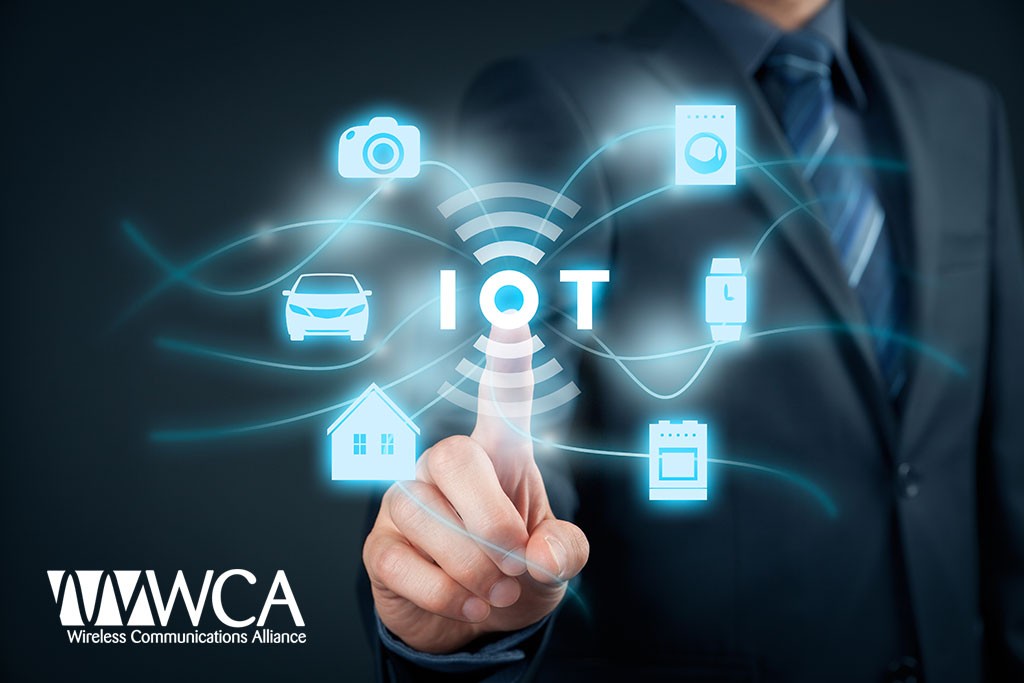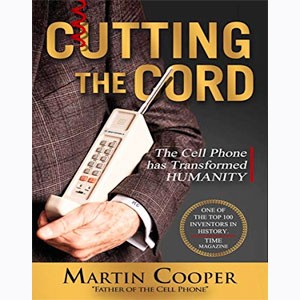The Internet of Things (IoT) is reshaping the business landscape, offering innovative solutions to global challenges while enhancing competitiveness. In this article, we delve into the world of IoT, exploring its diverse applications across industries, the hurdles it faces, and strategies for successful integration.

IoT: Transforming Industries
Travel Industry’s Smart Leap
IoT has swiftly infiltrated the travel sector, fostering “smart tourism.” Major hotel chains like Hilton and Marriott employ IoT devices to manage room conditions. Airports such as Amsterdam Schiphol, Singapore Changi, and Dubai utilize IoT for passenger and luggage tracking. Airlines rely on IoT sensors to monitor engine performance, enhancing safety. Smart luggage trackers, including Apple AirTag and Samsung Galaxy SmartTag, ensure seamless travel.
Precision Agriculture Takes Root
Agriculture enters the era of “precision agriculture” with IoT. Farmers leverage detailed land maps to optimize water and fertilizer distribution. John Deere embeds IoT sensors for crop health monitoring, while CropX offers data-driven irrigation and nutrient recommendations.
Supply Chain & Logistics Revolution
Retail giants like Walmart, Amazon, and Kroger deploy IoT sensors on shelves and pallets for real-time inventory management. Amazon Go stores, powered by IoT sensors and cameras, enable cashier-less shopping. IoT is reshaping the supply chain.
Industrial Internet of Things (IIoT) in Manufacturing
IoT has given rise to IIoT in manufacturing. Devices predict equipment failures through data collection and machine learning. For example, Rolls-Royce combines IoT and AI to forecast maintenance needs for jet engines.
Revolutionizing Healthcare
IoT devices monitor patient data, offering vital health insights. Apple Watch, for instance, detects atrial fibrillation, aiding early diagnosis. IoT empowers patients with chronic illnesses to manage their health effectively.
Challenges of IoT Adoption
Security and Privacy Vulnerabilities
IoT devices, transmitting vast personal information, are susceptible to cyberattacks. Stringent privacy measures are essential to safeguard user data.
Interoperability and Configuration Complexity
Diverse devices with unique protocols create fragmented ecosystems, hindering seamless communication and data analysis.
Real-Time Processing Demands
Autonomous vehicles rely on real-time sensor data, necessitating on-board processing for collision avoidance. This requires robust algorithms and computing power.
Data Unification and Complexity
IoT sensors generate diverse, unstructured data, requiring integration of machine learning or AI techniques for actionable insights.
Cost Implications
Large-scale IoT deployment entails investment in devices and data infrastructure, making cost management crucial.
Unlocking Business Success with IoT
To harness the potential of IoT for your business, consider these key steps:
- Identify a Clear Use Case: Determine your IoT goals and prioritize them through market research and stakeholder input.
- Assess Current Systems: Ensure your existing systems can support IoT technology, meeting volume and latency demands.
- Prioritize Security: Implement strong security protocols, including encryption and multifactor authentication, to protect IoT devices and data.
- Master Data Management: Develop the expertise and tools to derive actionable insights from IoT data to enhance product offerings.
- Continuous Improvement: Plan for ongoing refinement of IoT solutions, addressing issues promptly to optimize performance.
Embrace IoT not merely as a technology but as an integral part of your business vision and strategy. By doing so, you pave the way for a future where technology and ambition unite for unparalleled success.
Source: Forbes















